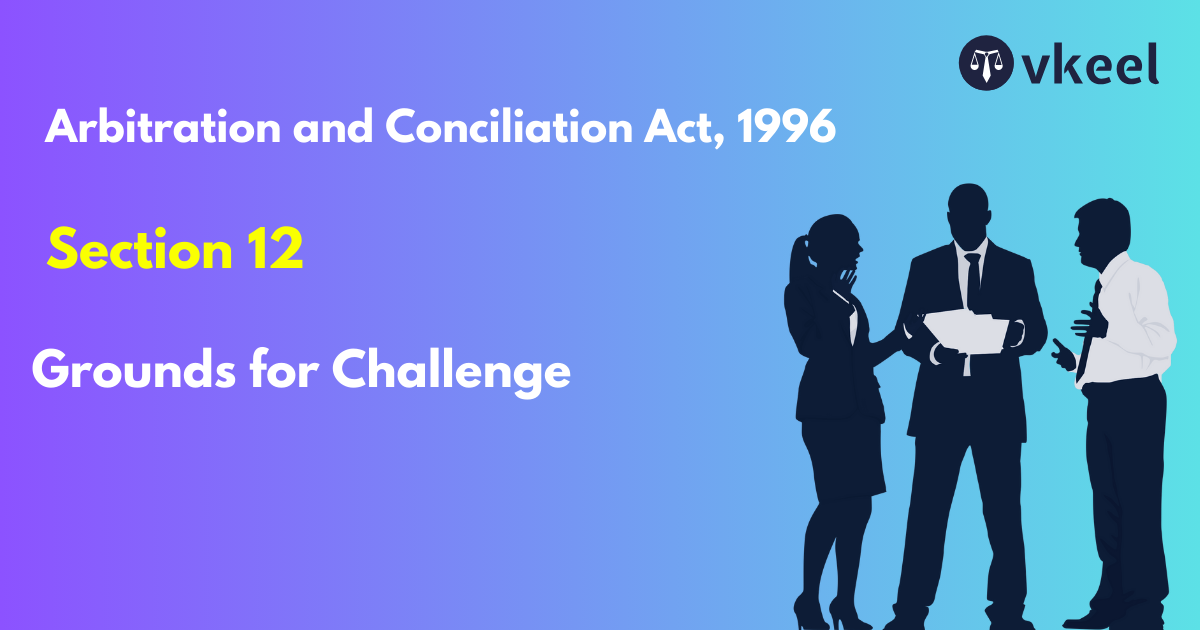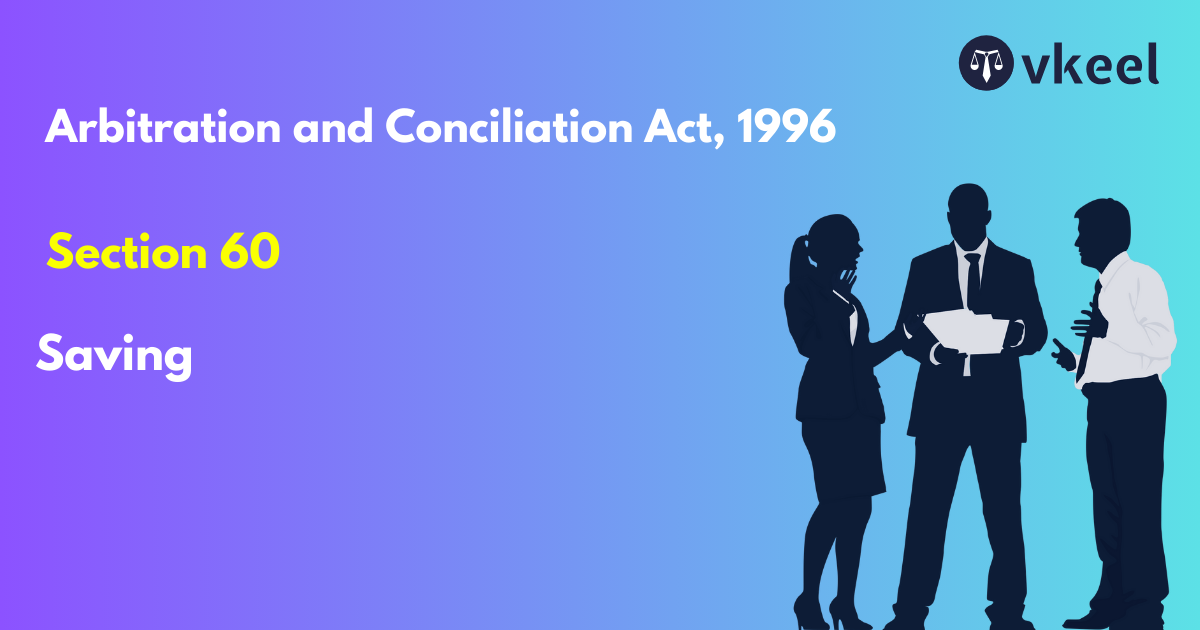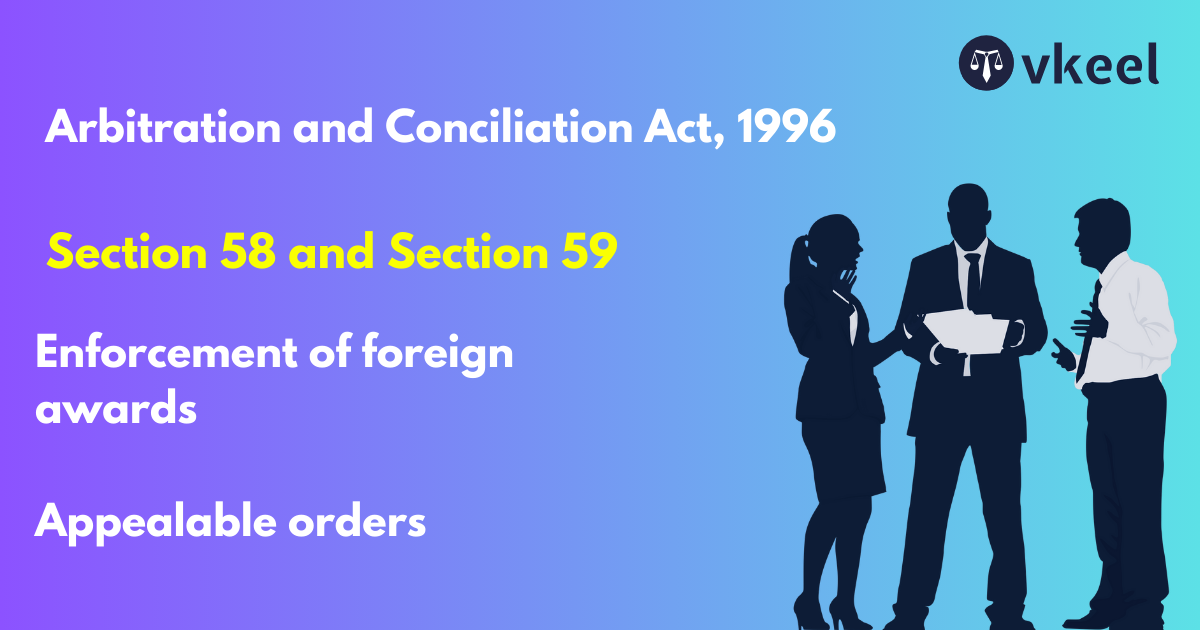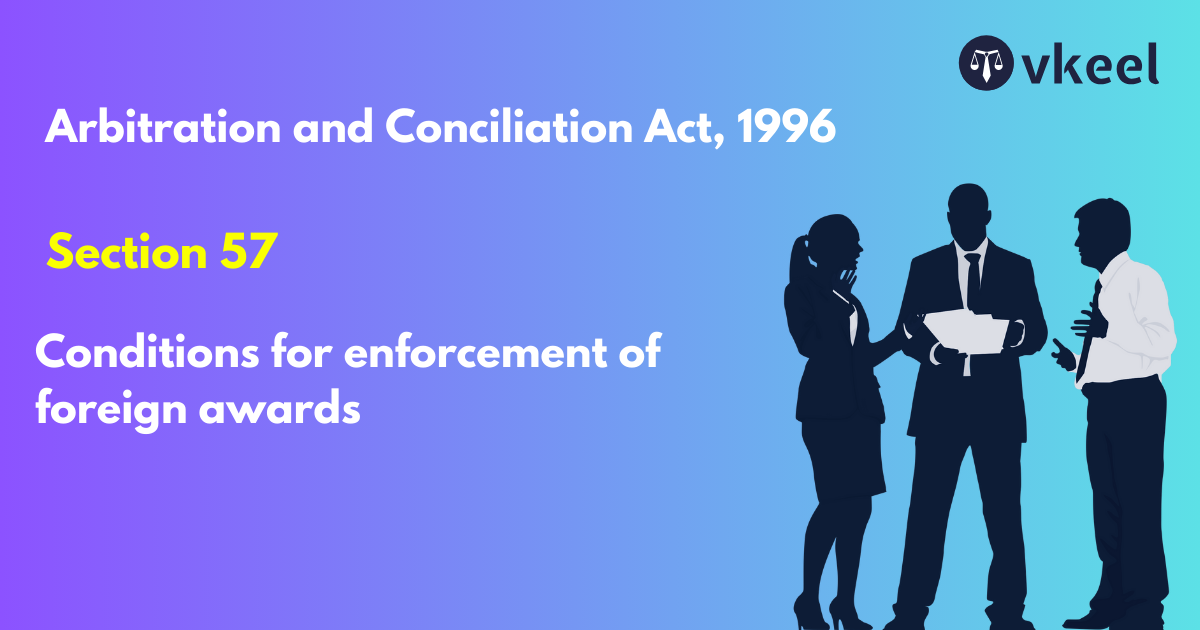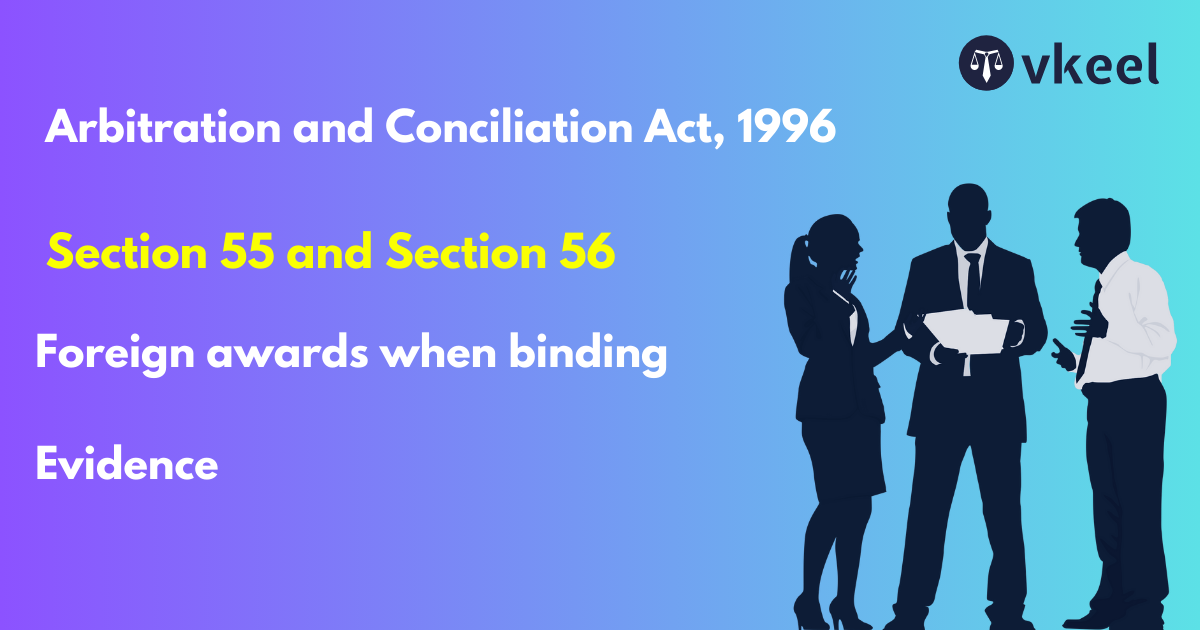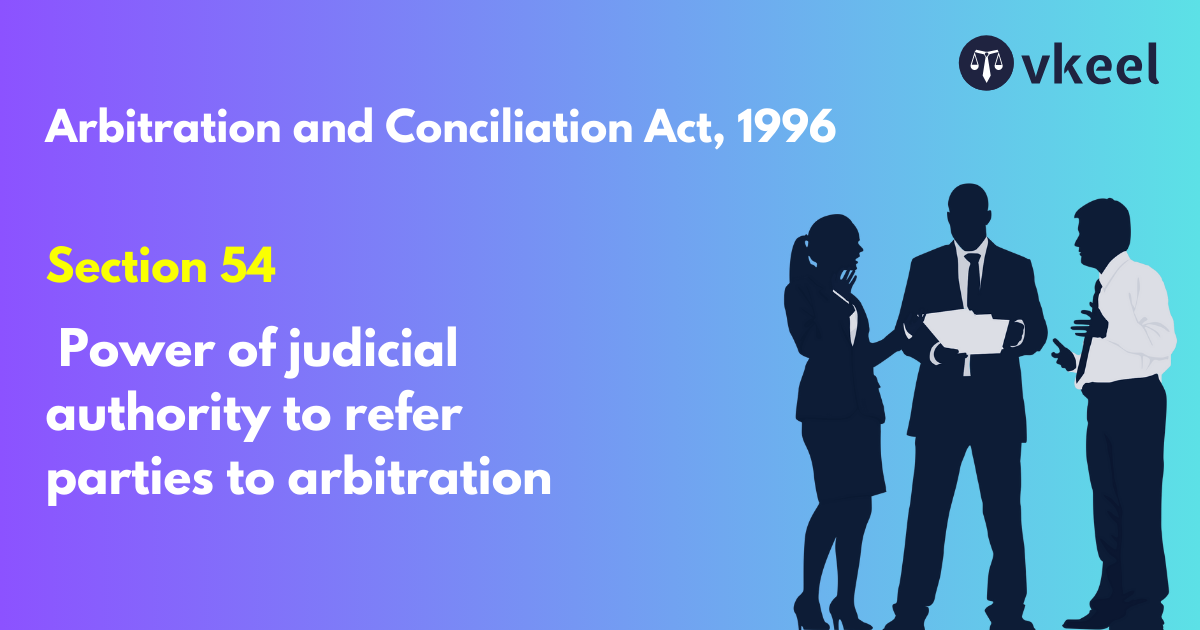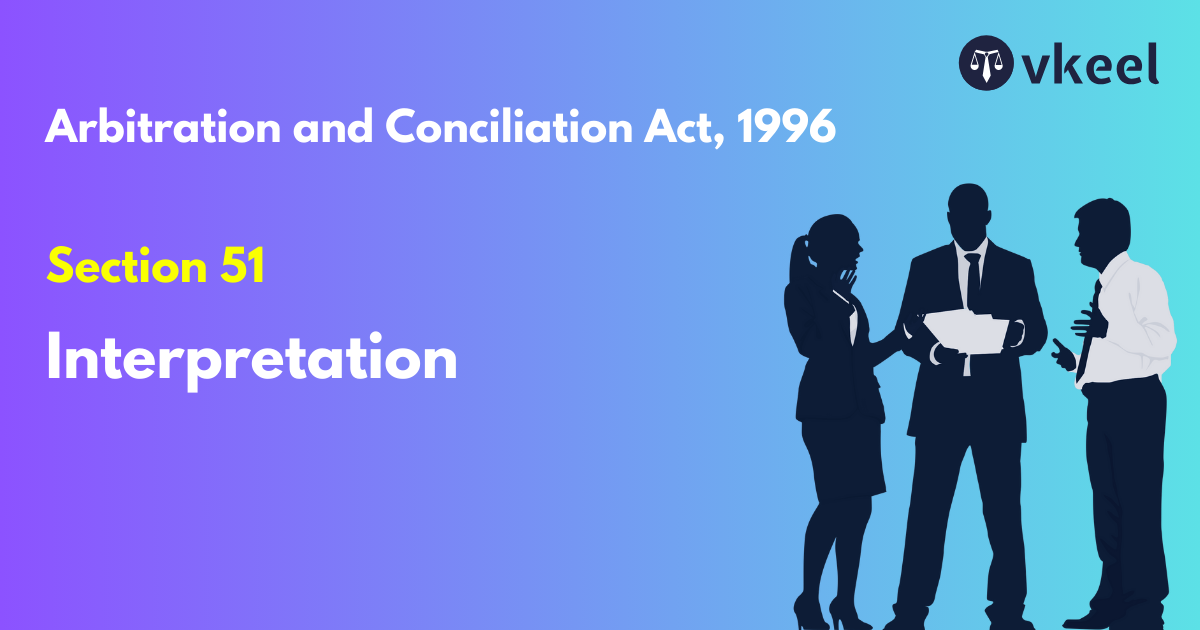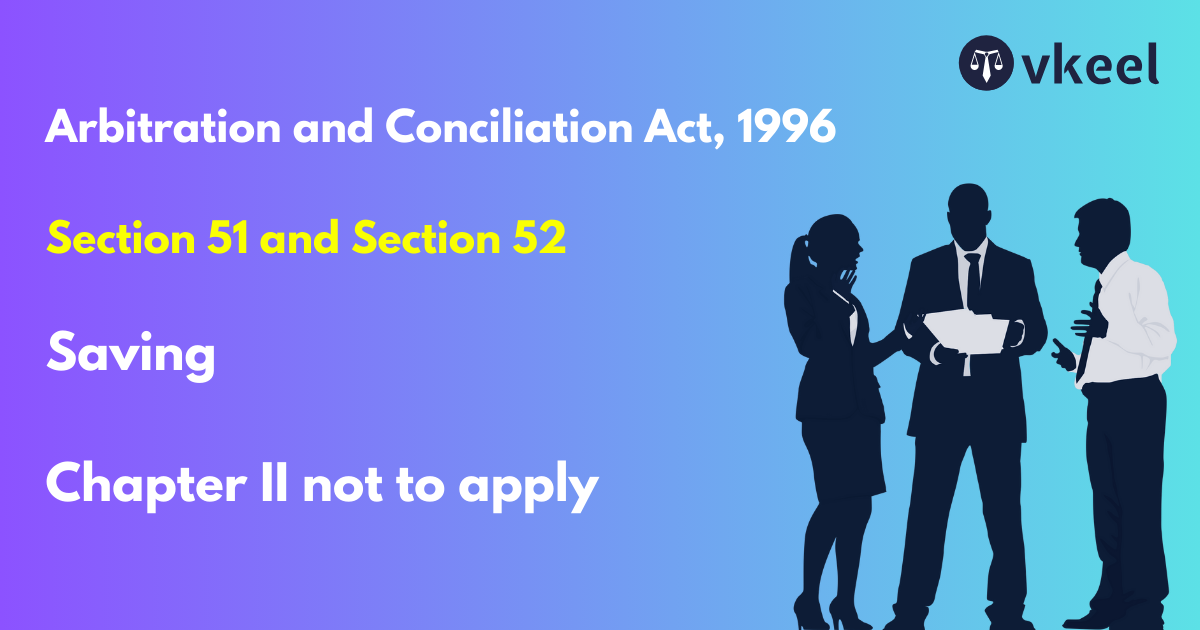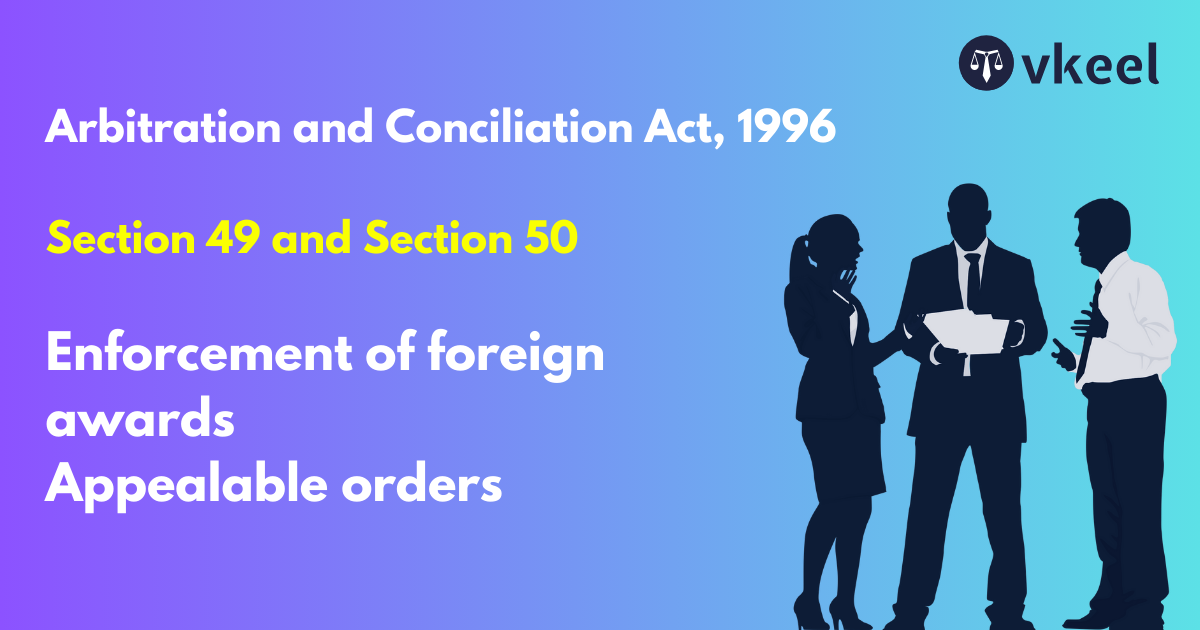Section 12: Arbitration and Conciliation Act, 1996
By Nivedita Dhiman
Table of Contents
Introduction
The aforesaid provision makes it mandatory and compulsive on the part of person tipped for being appointed as a arbitrator to disclose any circumstances. There are certain cases and situations wherein it is ordained in the arbitration agreement itself that the disputes will be referred for adjudication for a military officer, in the former scenario arbitrator cannot be said to have secret interest in subject matter of submission.
Section 12 of Arbitration and Conciliation Act, 1996
Grounds for challenge.
1[(1) When a person is approached in connection with his possible appointment as an arbitrator, he shall disclose in writing any circumstances,
(a) such as the existence either direct or indirect, of any past or present relationship with or interest in any of the parties or in relation to the subject-matter in dispute, whether financial, business, professional or other kind, which is likely to give rise to justifiable doubts as to his independence or impartiality; and
(b) which are likely to affect his ability to devote sufficient time to the arbitration and in particular his ability to complete the entire arbitration within a period of twelve months.
Explanation 1.—The grounds stated in the Fifth Schedule shall guide in determining whether circumstances exist which give rise to justifiable doubts as to the independence or impartiality of an arbitrator.
Explanation 2.—The disclosure shall be made by such person in the form specified in the Sixth Schedule
(3) An arbitrator may be challenged only if—
(a) circumstances exist that give rise to justifiable doubts as to his independence or impartiality, or
(b) he does not possess the qualifications agreed to by the parties.
(4) A party may challenge an arbitrator appointed by him, or in whose appointment he has participated, only for reasons of which he becomes aware after the appointment has been made.
(5) Notwithstanding any prior agreement to the contrary, any person whose relationship, with the parties or counsel or the subject-matter of the dispute, falls under any of the categories specified in the Seventh Schedule shall be ineligible to be appointed as an arbitrator: Provided that parties may, subsequent to disputes having arisen between them, waive the applicability of this sub-section by an express agreement in writing.
Landmark Judgements
National Highways Authority of India vs Gwalior Byepass Project Ltd.
A conjoint reading of Explanation-1 and Explanation-2 would show that while giving a disclosure in the form specified in the Sixth Schedule, the arbitrator would keep in mind the grounds stated in the Fifth Schedule as a guide. It, however, does not mean that while giving a disclosure in the form specified in the Sixth Schedule, the arbitrator must also separately refer to each and every ground that has been stated in the Fifth Schedule.
Voestalpine Chienen GMBH vs Delhi Metro Rail Corporation, 2017
Independence and impartiality are two different concepts. An arbitrator may be independent and yet, lack impartiality, or vice versa. Impartiality, as is well accepted, is a more subject concept as compared to independence. Independence, which is more an objective concept, may, thus, be more straightforwardly ascertained by the parties at the outset of the arbitration proceedings in light of the circumstances disclosed by the arbitrator while partiality will more likely surface during the arbitration proceedings.
Consorts ury vs SA des gallieries lafayette, 1972
An independent mind is indispensable in the exercise of judicial power, whatever the source of that power may be, and it is one of the essential qualities of an arbitrator.
HRD Corp vs gail, 2008
Independence and impartiality of the arbitrator are the hallmarks of any arbitration proceedings. Rule against bias is one of the fundamental principles of natural justice which applied to all judicial and quasi-judicial proceedings. It is for this reason that notwithstanding the fact that relationship between the parties to the arbitration and the arbitrators themselves are contractual in nature and the source of an arbitrator’s appointment is deducted from the agreement entered into between the parties, notwithstanding the same non-independence and non-impartiality of such arbitrator (though contractually agreed upon) would render him ineligible to conduct the arbitration.
Harshwani vs Jivraj, 2011
The dominant purpose of appointing an arbitrator or arbitrators is the impartial resolution of the dispute between the parties in accordance with the terms of the agreement and, although the contract between parties and the arbitrators would be a contract for the provisional services, they are not personal services under the direction of the parties.
Conclusion
This would enable the issue to be debated before any time and money is spent on arbitration proceedings. It is important to make the arbitration proceedings fair and transparent. This Section helps to maintain the integrity of the whole process by conducting the arbitration fairly and without prejudice.
Disclaimer:
The information provided in the article is for general informational purposes only, and is not intended to constitute legal advice or to be relied upon as a substitute for legal advice. Furthermore, any information contained in the article is not guaranteed to be current, complete or accurate. If you require legal advice or representation, you should contact an attorney or law firm directly. We are not responsible for any damages resulting from any reliance on the content of this website.

